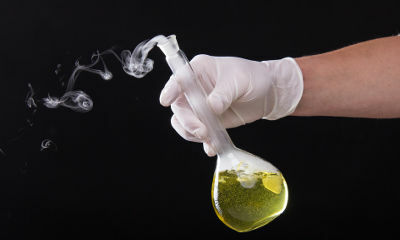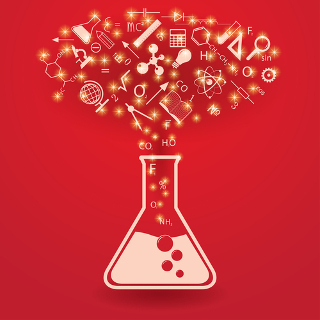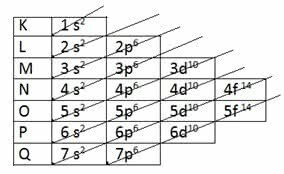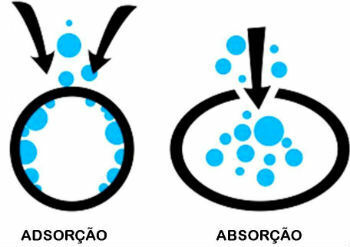Phenomenon is the name given to any and all transformation that matter (everything that occupies space in space and has mass) can suffer, regardless of whether its composition has been altered or not.
When we take a sheet of paper and simply tear it apart, we change its shape and size, but we still have the paper. However, if this leaf is burned, we will have a change in its composition.
The paper example represents the two types of phenomena that matter can undergo. Let's understand them better!
physical phenomena

Cutting paper is an example of a physical phenomenon
They are changes suffered by matter that do not cause any change in its composition (substances that make up the material), that is, before, during and after the occurrence of a physical phenomenon, the substances that constitute the matter will be exactly the same.
→ Examples of physical phenomena
Tomato Juice Production
Production of gasoline from petroleum
Conducting electrical current in a copper wire
Decomposition of sunlight into a prism
rain precipitation
Dissolving powdered chocolate in milk
-
Dry ice sublimation
Do not stop now... There's more after the advertising ;)
→ Signs that characterize a physical phenomenon
change of physical state
Change in shape or size
Solubility (when one matter dissolves into another)
Conduction of heat or electricity
chemical phenomena

Smoke production is indicative of a chemical phenomenon
These are changes suffered by matter that cause a change in its composition, that is, the substances that form the matter before the occurrence of a chemical phenomenon are different from the substances that make up matter after the phenomenon.
→ Examples of chemical phenomena
Ethanol production from sugarcane
Wine production from grape juice
Transformation of wine into vinegar
fruit rot
Fruit ripening
egg cooking
Rust formation on a steel gate
Effervescent tablet added to water
→ Signs that identify a chemical phenomenon
Color change
Effervescence (development of bubbles in a liquid)
Release of energy in the form of heat or light
Formation of a solid
smoke production
By Me. Diogo Lopes Dias
Would you like to reference this text in a school or academic work? Look:
DAYS, Diogo Lopes. "Physical and chemical phenomena"; Brazil School. Available in: https://brasilescola.uol.com.br/quimica/fenomenos-fisicos-quimicos.htm. Accessed on June 27, 2021.
Chemistry

See the definition of basic Chemistry concepts such as matter, energy, substance, mixture, body, object, mass, volume and system.
Chemistry

Matter, Dalton's atomic theory, substances, chemical element, John Dalton, atom, body, object, constitution of matter, rearrangement of atoms, sphere, mass.



